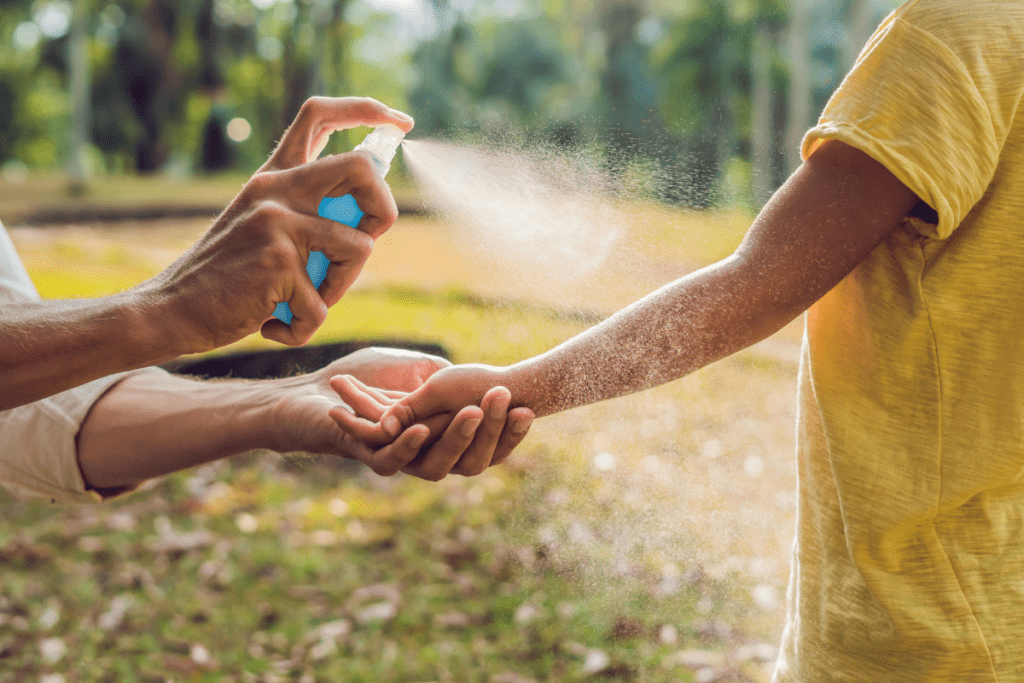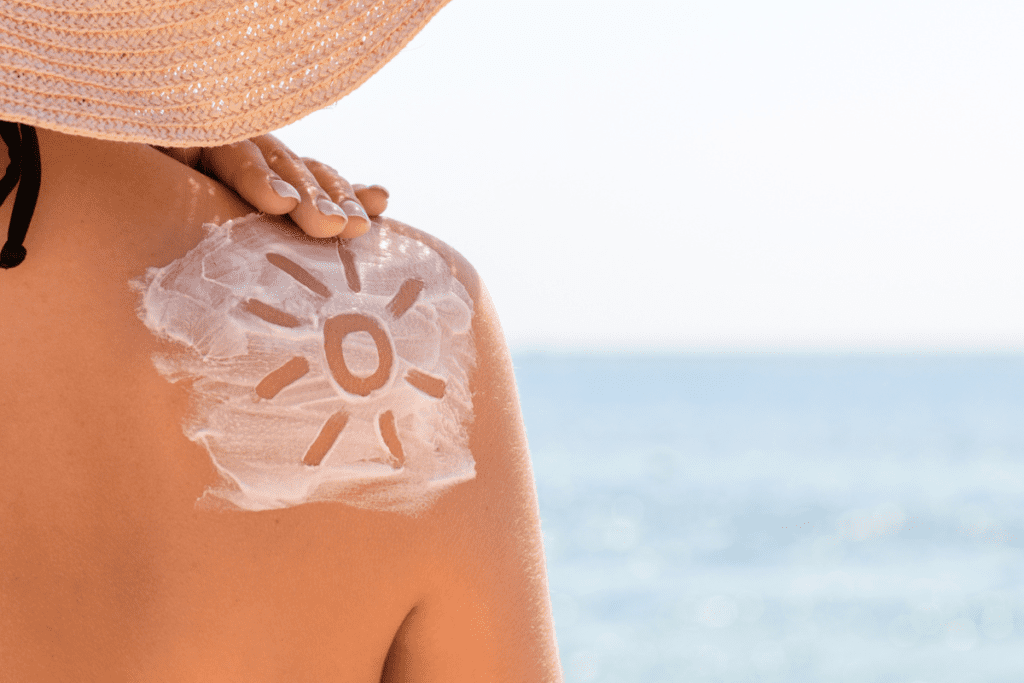Evidence is mounting that triclosan has the potential to adversely impact human health, even more than previously thought.
That’s why, along with over 50 environmental and health groups, Environmental Defence is calling for a ban.
Back in 2012, we raised the alarm bell about this hormone-disrupting, anti-bacterial chemical with our The Trouble with Triclosan report. The same year, Environment Canada declared triclosan to be toxic to the environment.
Newer studies point to a human health risk as well. A recently released study from the Proceedings of the National Academy of the Sciences of the United States America (November 2014) found that exposure to triclosan “substantially accelerates hepatocellular carcinoma (HCC) development, acting as a liver tumor promoter.” Hepatoceullar carcinoma, globally, is the third most common cause of death from cancer so this is clearly a serious concern.
Liver cancer is profoundly difficult to treat. With the widespread prevalence of triclosan, people may be exposing themselves to a liver carcinogen, and for no significant benefit.
Triclosan isn’t even all that effective at eliminating bacteria. The U.S. Food and Drug Administration recognizes the limitations of triclosan’s antibacterial properties, pointing out that using hand soaps containing triclosan is not “any more effective at preventing illnesses than washing with plain soap and water.” If triclosan can cause serious health problems, potentially promote antibiotic resistant bacteria, and isn’t any more effective than soap and water, what exactly is triclosan good for?
Mounting concerns have led other jurisdictions to take action. Minnesota has banned triclosan, in a move that will take effect starting in 2017. Vermont and California have both taken steps to restrict usage of toxic chemicals like triclosan. Companies are also eliminating triclosan: Unilever, Procter & Gamble, and Johnson & Johnson are all eliminating or phasing out triclosan over the next few years.
Canada is still taking time making a decision. In 2012, when Environment Canada concluded that excessive amounts of triclosan could cause harm to the environment, Health Canada concluded triclosan use wasn’t posing a threat to human health. Health Canada argues that “triclosan is safe for human health within identified maximum limits” but the NRDC reports that a study found “people who brushed their teeth with Colgate Total had more than five times as much triclosan in their urine as people who didn’t use it.”
As we wrote earlier this year, studies have also linked triclosan to the growth of breast cancer cells in a laboratory setting.
In the spring of 2015, Health Canada will be finalizing its assessment of triclosan- there is a chance we could have triclosan declared banned. In light of the numerous studies coming out about triclosan’s potential impact on human health, it is clearly time to revisit that decision and require stricter standards to protect the health of Canadians.
Environmental Defence is calling on Health Canada and Environment Canada to introduce a formal ban on triclosan in order to protect the health of Canadians. You can support our efforts by signing our petition here and sharing with your family and friends.







